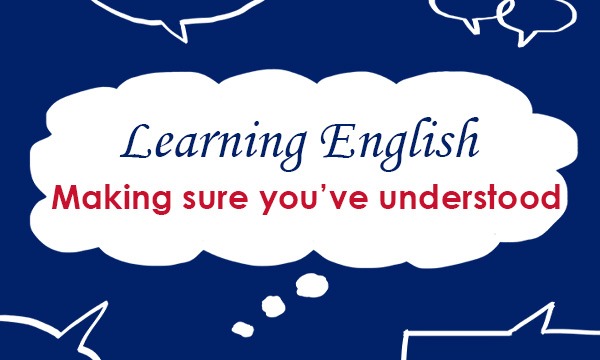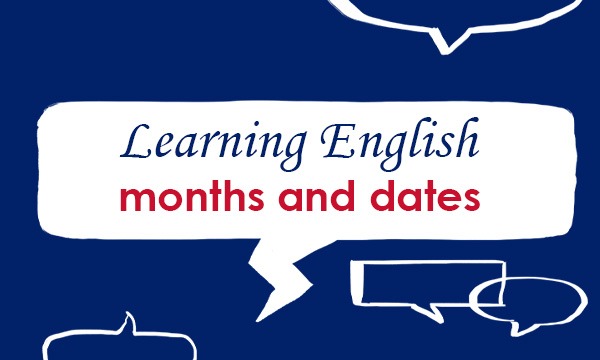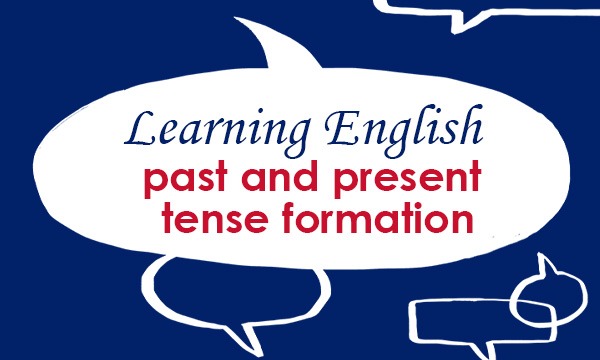
If you do not understand what someone has said, use I don’t understand.
Sorry, I don’t understand.
I didn’t understand what you said.
Please could you repeat that? I didn’t understand.
You can also express any uncertainty about what someone has said by using I’m not sure …
Sorry, I’m not sure what you mean.
Can you say that again, please? I’m not sure I understand.
You can ask for help with understanding by using Would you mind … ?
Would you mind speaking more slowly?
Would you mind repeating that?
Would you mind speaking in English?
To check the meaning of a word, use What does … mean?
What does ‘fragile’ mean?
What does ‘end up’ mean?
What does ‘out of order’ mean?
If you do not hear what someone has said and you want them to repeat it, use Pardon? or Sorry?
Pardon, could you say that again, please?
Sorry, what did you say?
Come back for more blogs on using English in everyday situations: https://blog.collinsdictionary.com/language-learners/learning-english/
All opinions expressed on this blog are those of the individual writers, and do not necessarily reflect the opinions or policies of Collins, or its parent company, HarperCollins.



